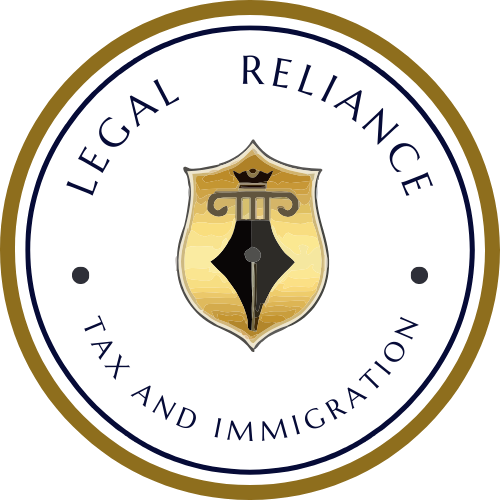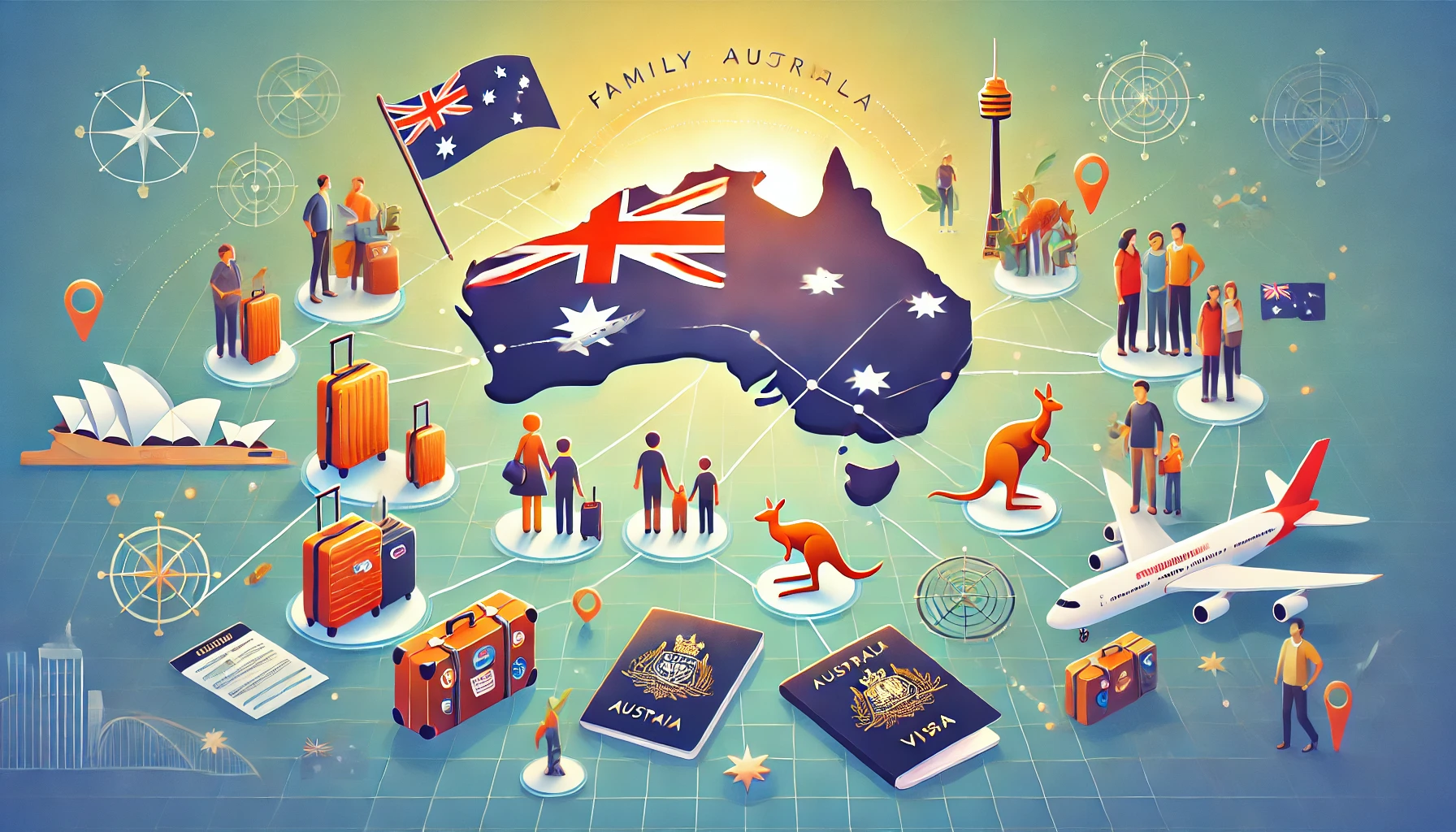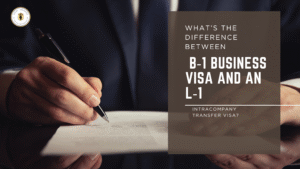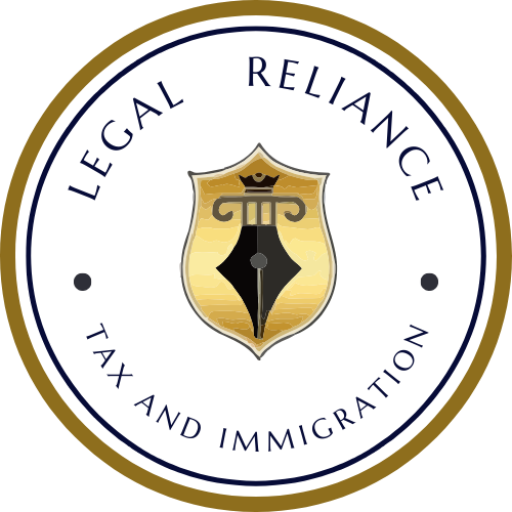Australia’s family reunion visa options allow individuals to bring their loved ones to join them in one of the most desirable countries in the world. Whether you’re a permanent resident, citizen, or eligible New Zealand citizen, these visas provide a pathway to reunite with family. In this article, we’ll explore the different types of family reunion visas, eligibility requirements, and application processes to make your dream of living with your loved ones in Australia a reality.
1. Understanding the Family Reunion Visa
Australia’s family reunion visa program encompasses various visa categories designed to meet the needs of families. These include:
- Partner Visas (Subclass 820/801 and 309/100): For spouses or de facto partners.
- Parent Visas (Subclass 103, 804, 173/143): For parents of Australian citizens or permanent residents.
- Child Visas (Subclass 101 and 802): For dependent children of eligible sponsors.
- Other Family Visas: Including visas for carers, aged relatives, and remaining relatives.
Each visa type has its own set of criteria and benefits, so understanding your options is key.
2. Eligibility Criteria
To apply for a family reunion visa, the applicant and sponsor must meet specific eligibility requirements. These include:
- For the Sponsor:
- Must be an Australian citizen, permanent resident, or eligible New Zealand citizen.
- Must demonstrate the ability to support the applicant financially.
- For the Applicant:
- Must have a genuine relationship with the sponsor (e.g., spouse, child, or parent).
- Must meet health and character requirements.
Tip:
Provide comprehensive documentation, such as relationship evidence and proof of financial stability, to strengthen your application.
3. Partner Visas
Partner visas allow spouses or de facto partners to join their loved ones in Australia. These visas are divided into:
- Temporary Partner Visa (Subclass 820/309): A temporary visa leading to permanent residency.
- Permanent Partner Visa (Subclass 801/100): Granted after meeting specific criteria, usually following the temporary visa.
Application Process:
- Submit an online application via ImmiAccount.
- Provide supporting documents, including relationship evidence and identity proof.
- Attend interviews or provide additional information if requested.
4. Parent Visas
Parent visas allow Australian citizens or permanent residents to bring their parents to live in Australia. These visas are categorized into:
- Contributory Parent Visas (Subclass 143/173): Require a higher visa fee but have shorter processing times.
- Non-Contributory Parent Visas (Subclass 103/804): Lower cost but significantly longer processing times.
Key Requirements:
- The sponsor must meet the Balance of Family Test, proving the majority of the applicant’s children reside in Australia.
- Provide an Assurance of Support (AoS) to demonstrate financial capability.
5. Child Visas
Child visas allow dependent children to join their parents in Australia. These visas include:
- Offshore Child Visa (Subclass 101): For children outside Australia.
- Onshore Child Visa (Subclass 802): For children already in Australia.
Eligibility:
- The child must be under 18 years old, a full-time student, or financially dependent on the sponsor.
- Adopted or stepchildren may also be eligible under certain conditions.
6. Carer Visas
Carer visas (Subclass 116/836) are designed for individuals who need to care for a relative with a long-term medical condition. Applicants must:
- Provide medical evidence supporting the need for care.
- Demonstrate the inability to access adequate care within Australia.
7. Aged and Remaining Relative Visas
These visa options cater to aged relatives or individuals with no close family outside Australia. While the demand for these visas is high, processing times can be lengthy.
Examples:
- Aged Dependent Relative Visa (Subclass 114/838)
- Remaining Relative Visa (Subclass 115/835)
8. Application Process
The application process for family reunion visas typically involves the following steps:
- Check Eligibility: Review the requirements for your specific visa category.
- Gather Documents: Collect relationship evidence, identity documents, and financial proof.
- Submit Application: Apply online via ImmiAccount or through a paper application (if applicable).
- Pay Fees: Visa application charges vary by category.
- Wait for Processing: Be prepared for potentially lengthy processing times.
9. Costs and Processing Times
Visa application costs and processing times vary significantly between categories. For example:
- Partner visas may cost up to AUD 8,000 and take 1-2 years.
- Contributory parent visas may cost over AUD 40,000 but are processed faster than non-contributory options.
Pro Tip:
Plan your budget and timeline carefully to avoid unexpected delays or financial strain.
10. Common Challenges and Solutions
Navigating the Australian visa system can be complex, but understanding common challenges can help:
- Incomplete Documentation: Double-check your application for missing information.
- Extended Processing Times: Stay patient and consider expedited options like contributory visas.
- Health and Character Issues: Address potential concerns early with professional guidance.
11. Seek Professional Assistance
Working with a registered migration agent can simplify the application process. Migration agents can:
- Provide tailored advice based on your circumstances.
- Assist with preparing and lodging your application.
- Help resolve complications or delays.
Conclusion
Reuniting with your loved ones in Australia is an achievable goal with the right preparation and understanding of family reunion visa options. Whether you’re applying for a partner, parent, or child visa, focusing on eligibility requirements and providing thorough documentation is crucial. Seek professional help when needed and stay informed about the latest immigration policies to ensure a smooth process. Your journey to bringing your family together in Australia starts today!








